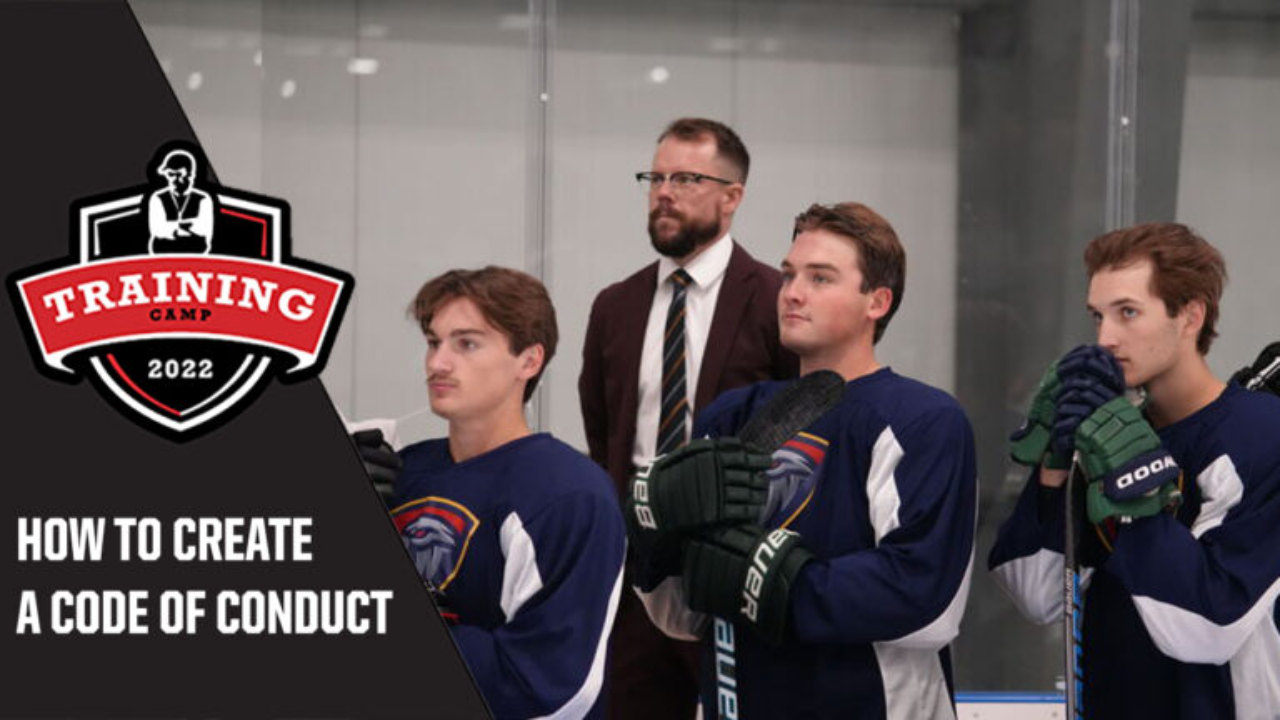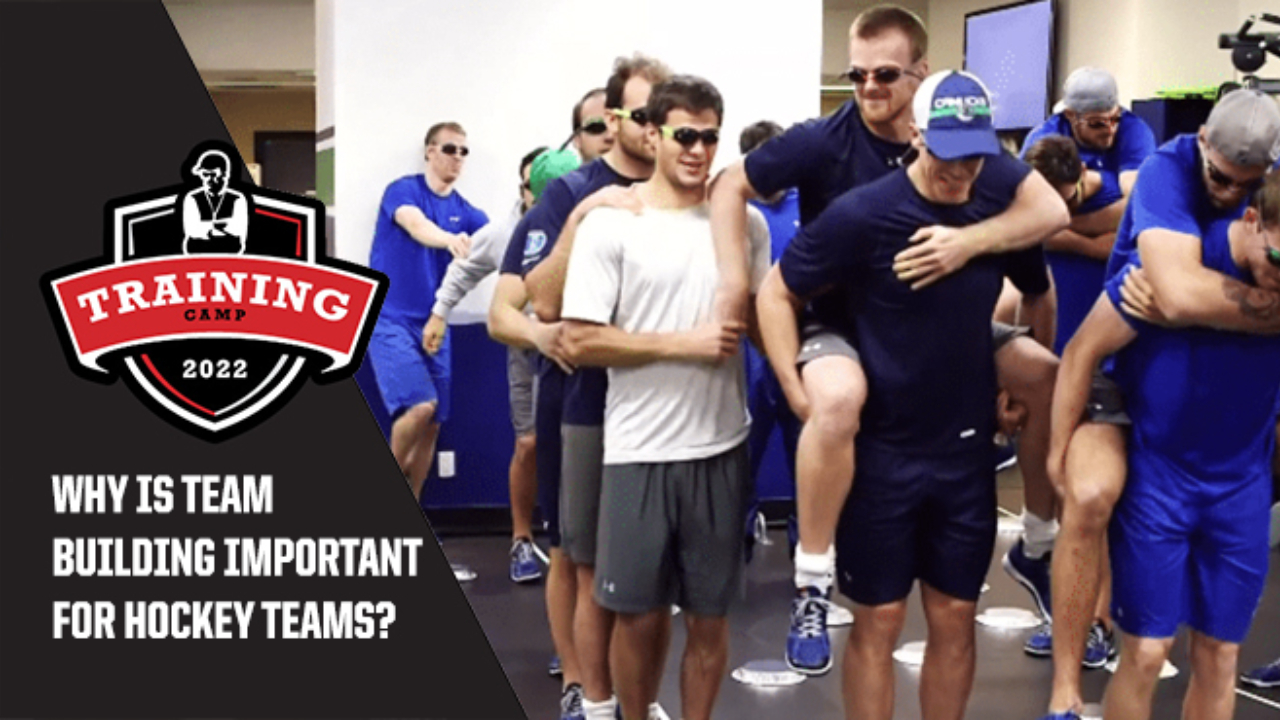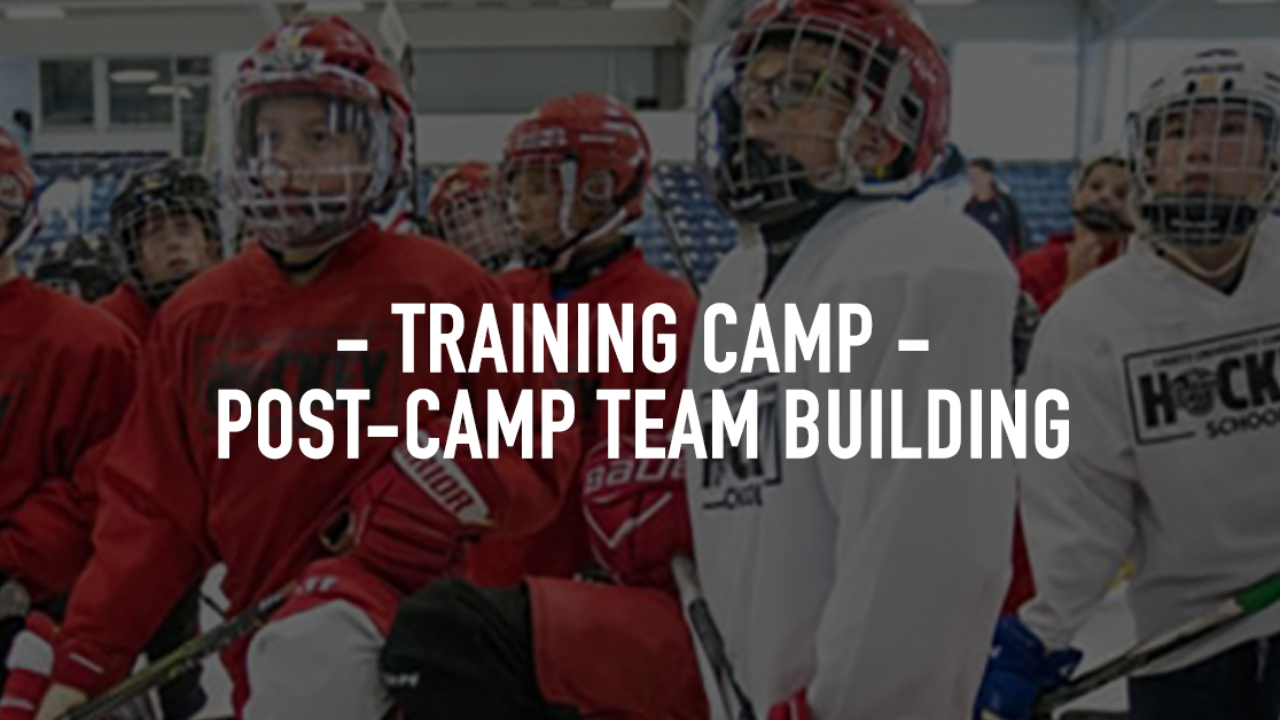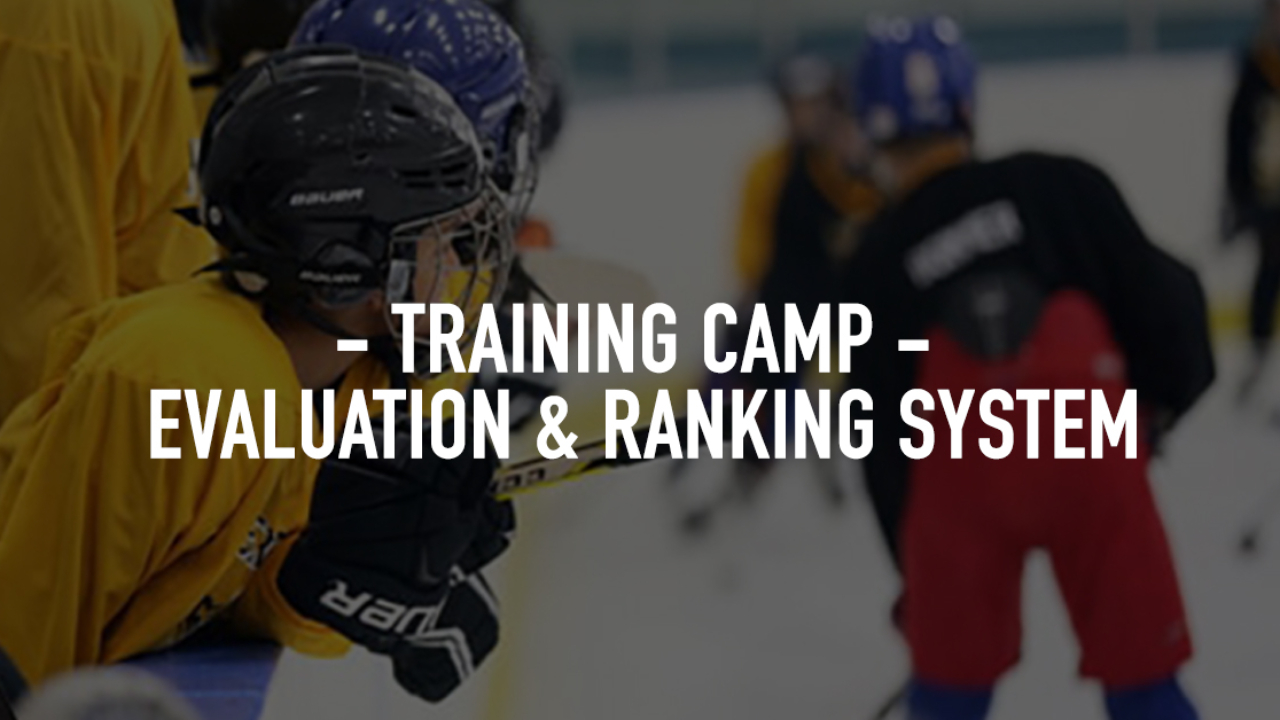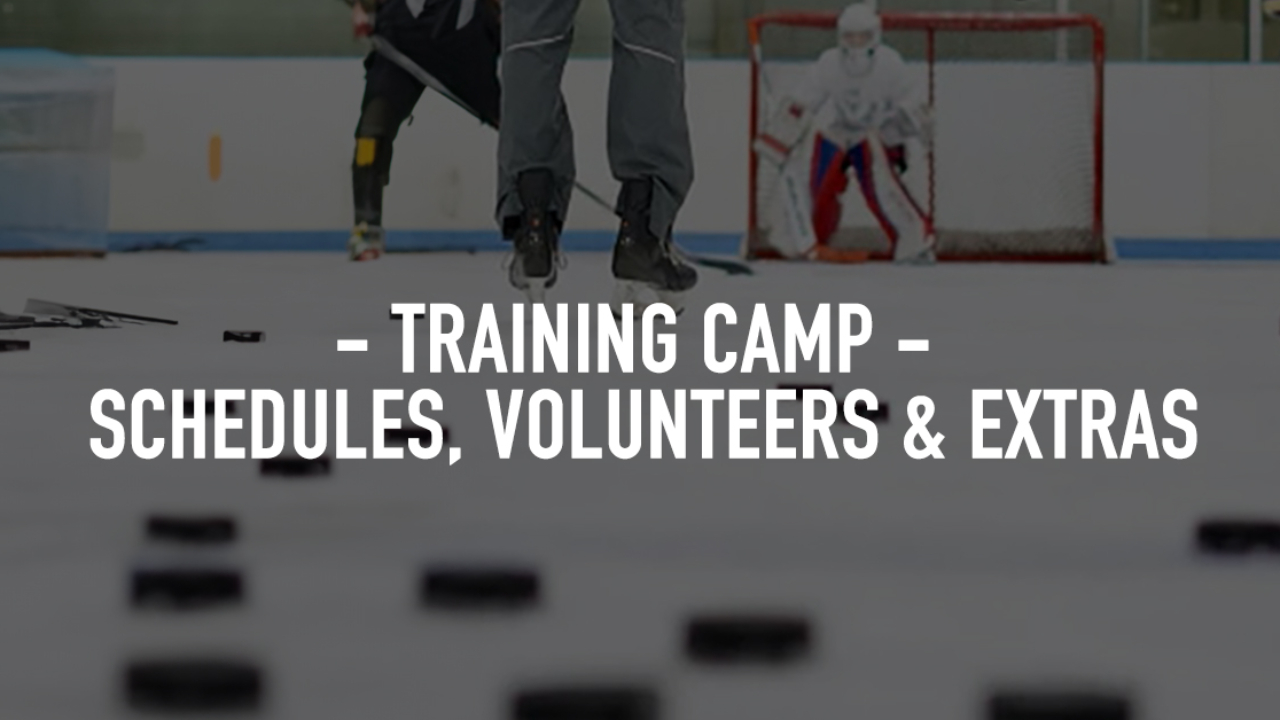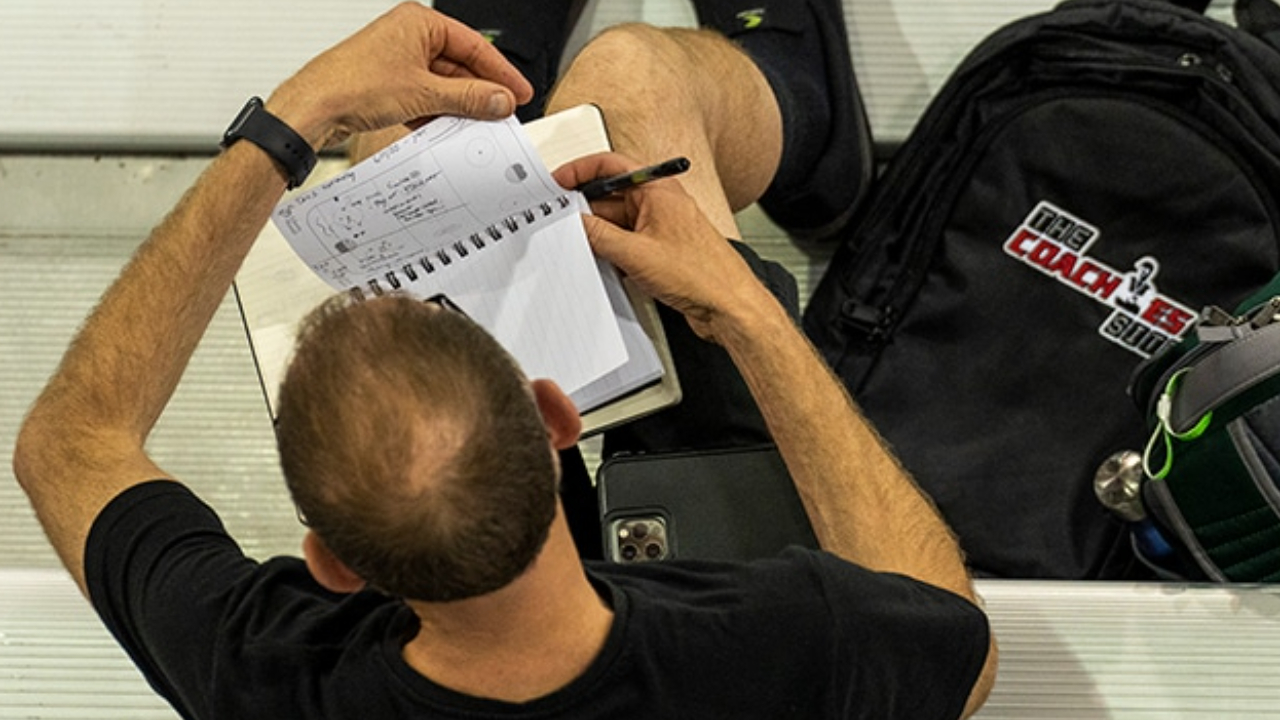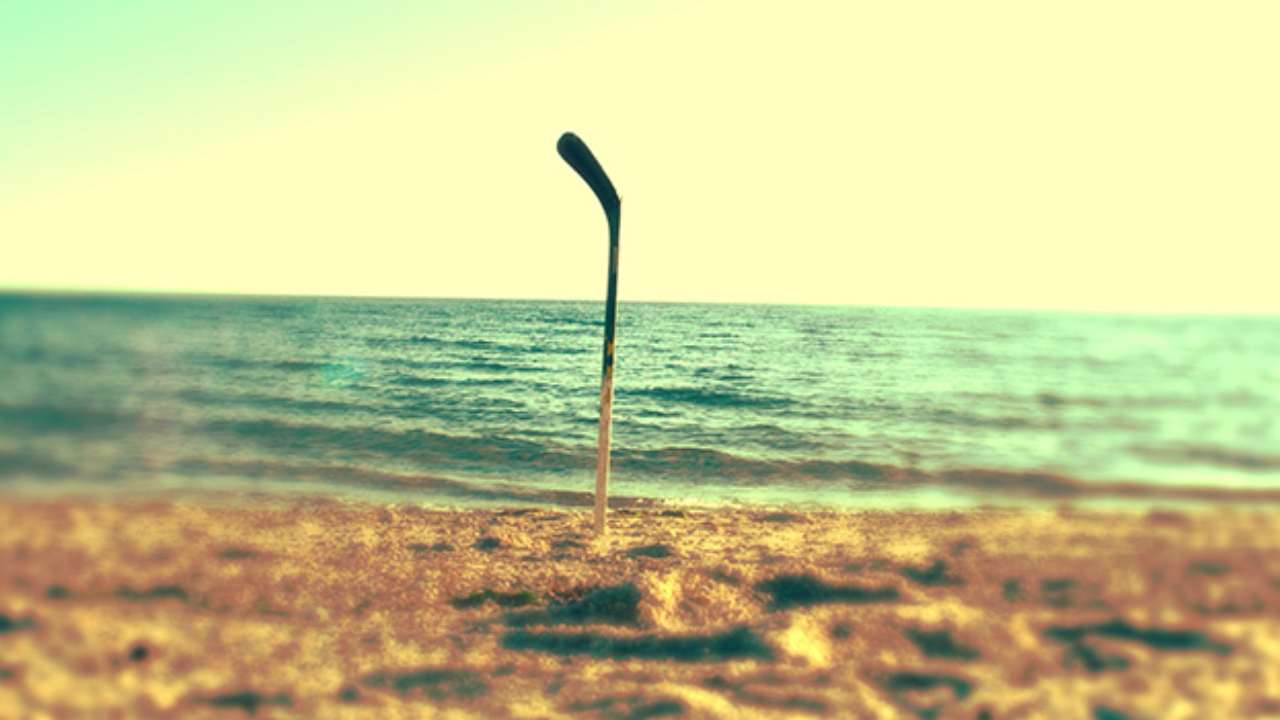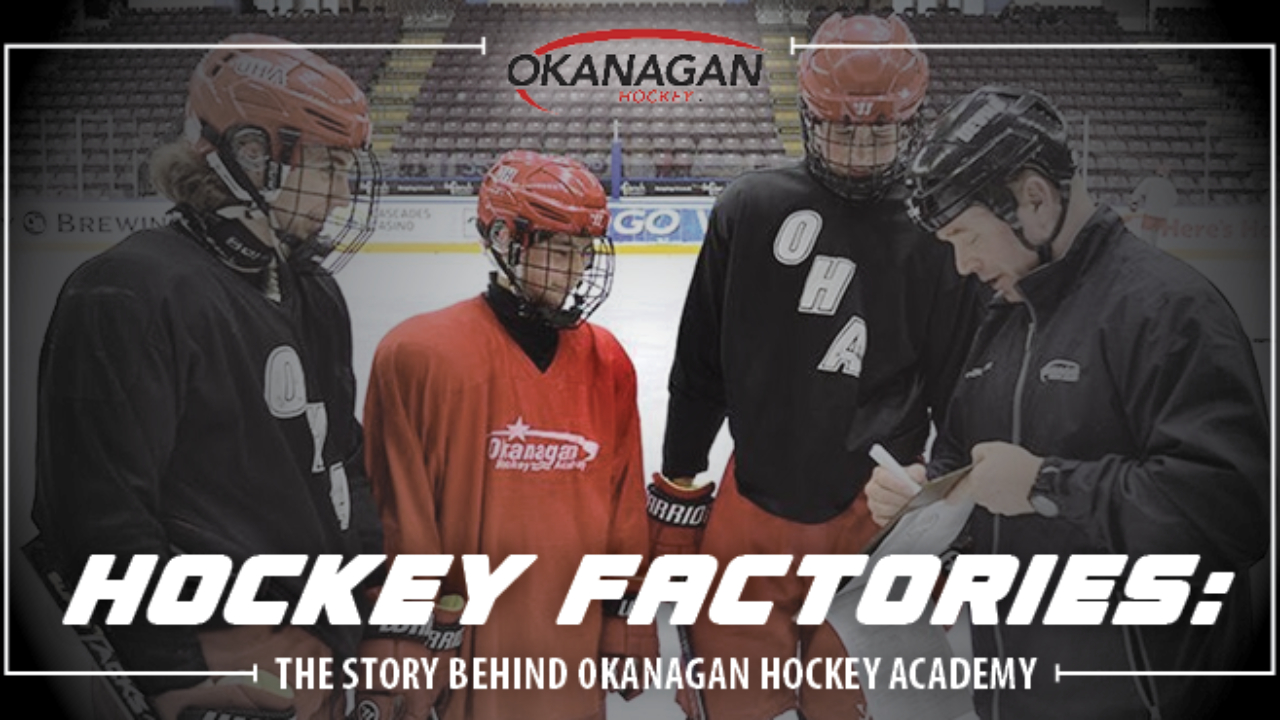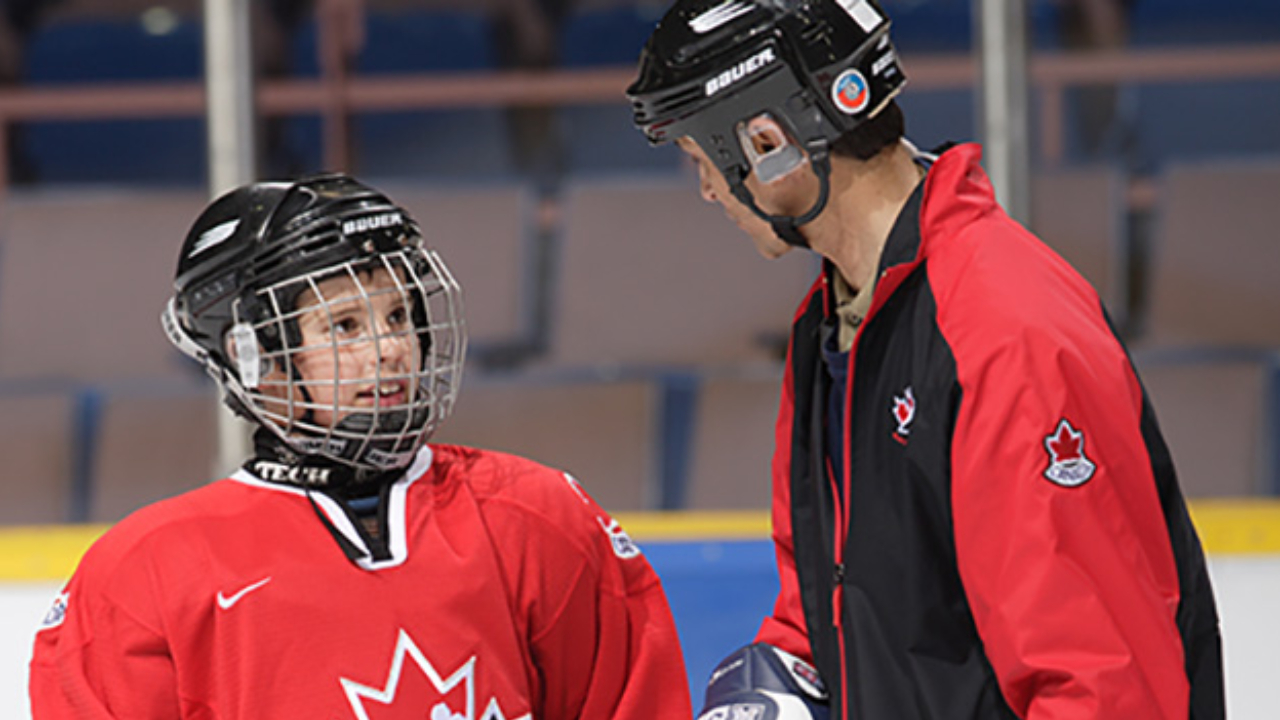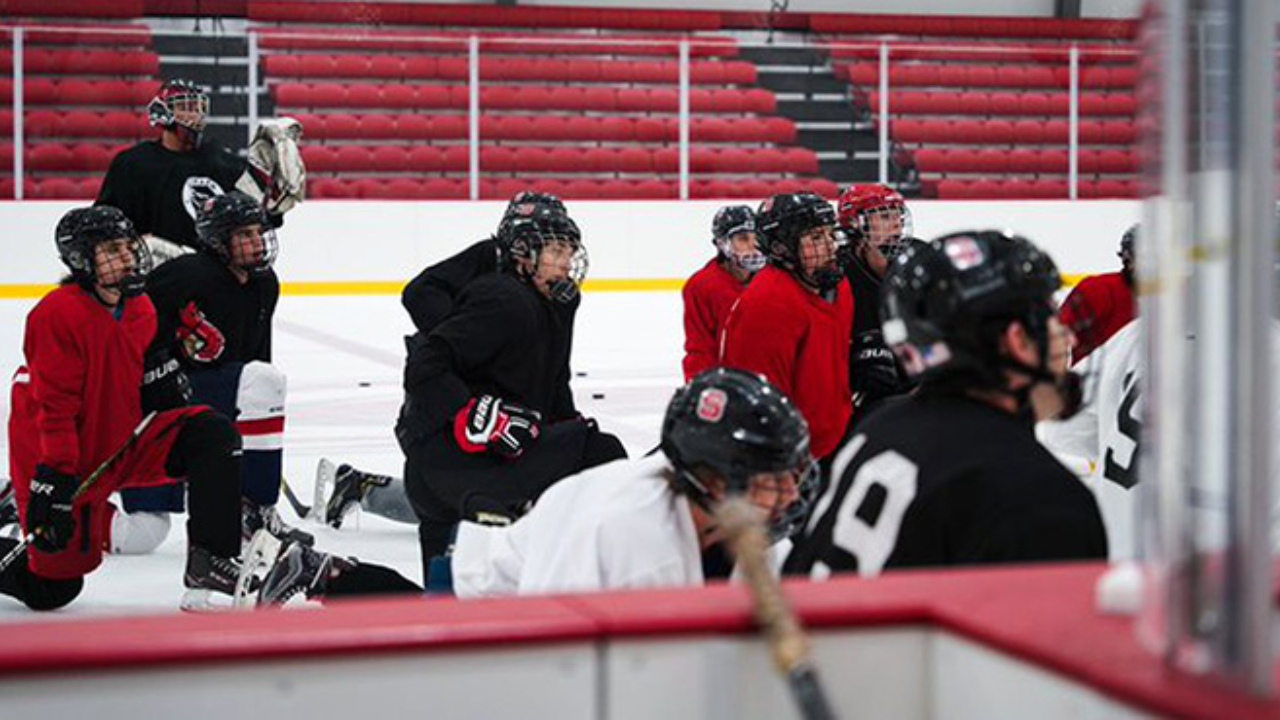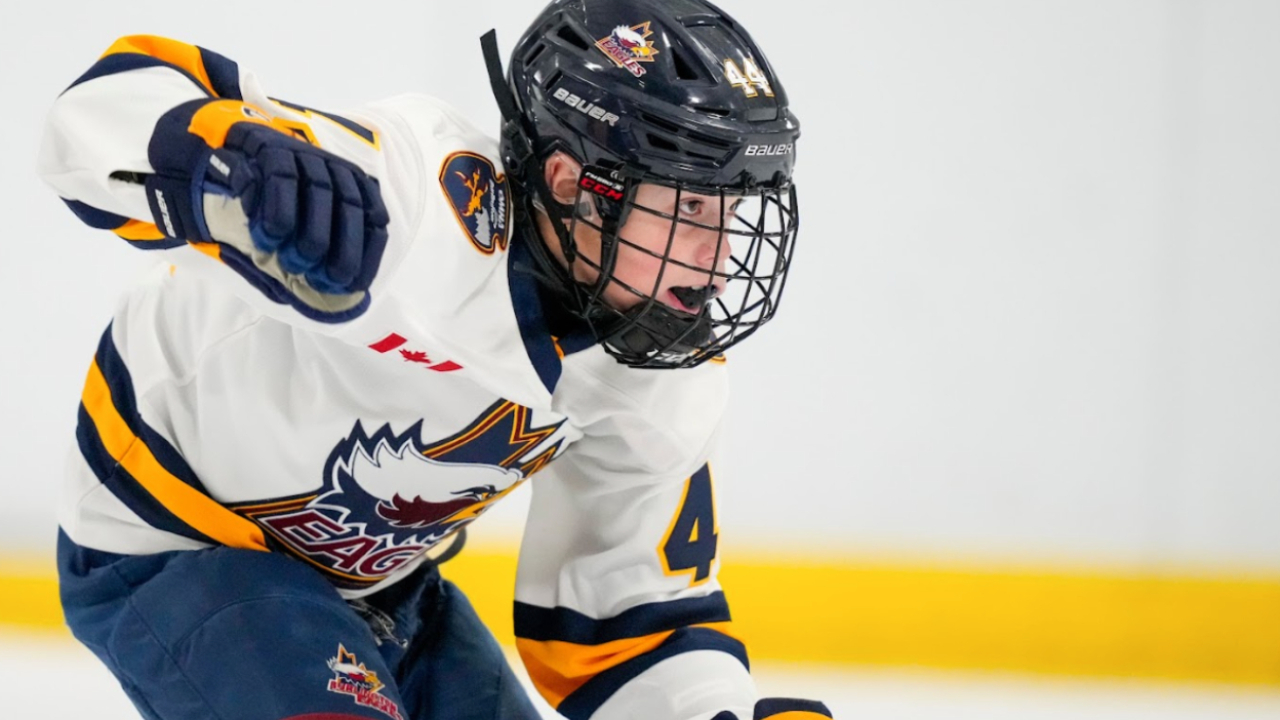
Whether you're taking over a new team or returning to the same squad, one element is true for all of us: new is everywhere.
New people. New players. New office staff. New arena staff.
If you're reading this then it's likely you're going to put your skates on and lead a team at some point. Or you might be a general manager or both, the coach and the GM. What I've learned is that no matter how important your title, you've got people looking to you for guidance when it comes to culture, team spirit, and work ethic. The moment you walk through the front doors of the rink you'll have eyes on you. For introverts like me that's not easy. Maybe you're good meeting new people, and if that's the case I applaud you. Honestly, it's not an easy skill to learn.
In the past I endevaoured to be myself when it came to taking over a new organization. I gravitated towards the zamboni driver, Cory. Cory works in the back of the rink and barely anyone ever talks to him but there's no team without Cory. Getting to meet Cory and learn more about his story, his culture, and his passions was one of the greatest rewards of my life. Putting non-team staff at ease and including them has benefits for the team, of course, but you can't fake caring. If you care about coaching, it means you care about people, so seek people out who can't do anything for you and learn more about them. It will enrich your life and demonstrate to them that you and the team support their role and what they bring to the table.
Cory is just one example. In my last stop I made so many deep, life-long connections with non-hockey people that I'll remember forever. Ownership doesn't see those relationships, and I probably didn't do a good enough job catering to the whims of 65 shareholders, and that's on me. For my new team I made a point to stop in and visit with the office staff. Again, this is against my nature. I constantly feel judged. Probably because I stopped playing 20 years ago and all I remember from coaches and people in hockey was the judgment. Too small, too weak, snap-show - fast though, and he cares. But that's it. So when I think about meeting new people I assume they see the worst in me because I've been conditioned to see the worst in myself.
So enough is enough. It's time to break the cycle. I walked into the front office unnanounced, introduced myself and started asking questions. It was great! I didn't feel any pressure to be anywhere or accomplish anything. The jobs those two ladies do are crucial to our organization, and I was proud to tell them I was personally thankful for all they had done to help establish a healthy organization. I think they appreciated it, or maybe I was just interrupting a busy day. Probably the first part.
And this doesn't even take the players into account! Of course you're going to be in front of the players, but they're only one piece of the puzzle when it comes to building an elite organization. You might not have a front office of course, but I guarantee you've got a Cory in the zamboni room who would love to meet the person he's going to clean the ice for during the season to come.
So that's the challenge.
The most important thing you can do in training camp, and before camp even starts, is talk to everybody.
And I mean everybody. Every single player, everyone who walks through the doors and wants your team to succeed, and definitely the ones who don't want your team to succeed. I know you'll be busy, but this is more important than anything else.
Break down the barriers. Learn and be open regardless of your personality type. It will pay off immediately, I guarantee it. The practices you run, the systems you teach, that's all fine and dandy (I know, I've been spending hours every day on systems and practice plans to get prepared), but there's no substitute for a positive, enriching culture in every corner of your organization.

